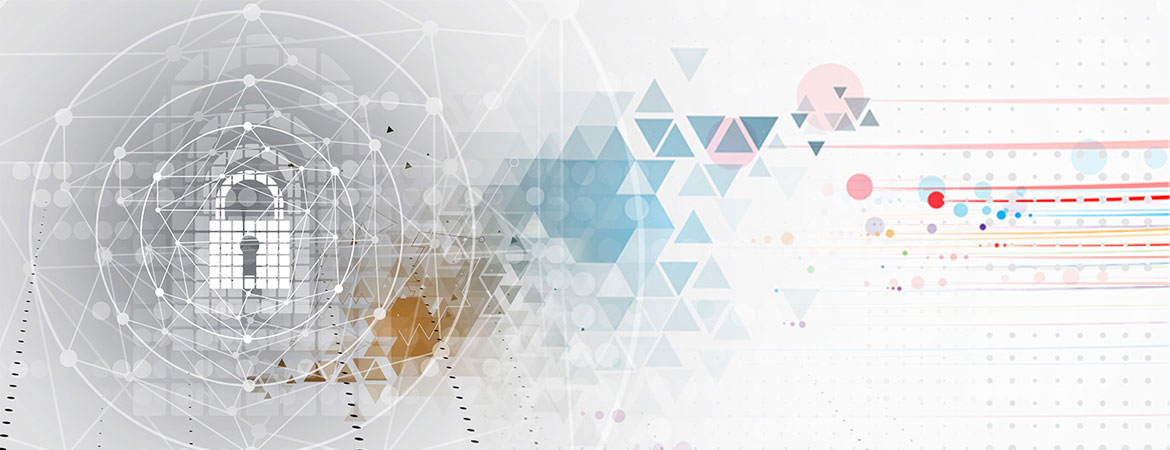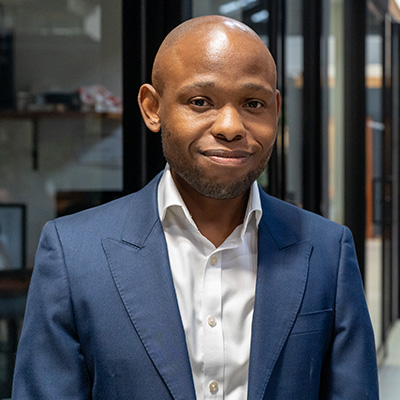Singapore’s Robust Cybersecurity Environment
Check out this infographic for an overview of the key players in the city-state’s cybersecurity ecosystem.
Global tech leader Cisco and startup Aiculus share why Singapore is a top choice to enhance their cybersecurity competencies.

Across the world, cyberattacks are growing in complexity, frequency and scale.
In 2020, hackers infiltrated SolarWinds, a network management software used by numerous government agencies and Fortune 500 companies in the United States by inserting malicious code into software updates. More recently in March, a cyberattack on Microsoft's widely used business email software compromised over 60,000 accounts, leaving a multitude of small and medium-sized businesses vulnerable.
“In the private sector, cyber risk is traditionally perceived to be a technology issue rather than a business challenge,” notes Mr Thio Tse Gan, Deloitte Southeast Asia (SEA)’s Cyber Risk Leader. The rise of working from home during the COVID-19 pandemic “further exposed organisations that do not have a comprehensive approach to cybersecurity,” he adds.
With the rapid evolution of cyber threats, businesses will not only need to adopt more comprehensive cybersecurity solutions but also establish operations in locations where cybersecurity risks can be securely managed.
With its focus on building a resilient and secure cyber environment, Singapore offers such a place.
As the country moves forward with its goal to be a tech-driven Smart Nation, the government committed S$1 billion to build the security capabilities needed to mitigate the risk to data and critical infrastructure systems and launched the Safer Cyberspace Masterplan 2020 outlining the steps to take. The country is also advancing the world’s cybersecurity agenda with the ASEAN-Singapore Cybersecurity Centre of Excellence (ASCCE).
Mr Thio notes that the formation of the Cyber Security Agency of Singapore (CSA) as the central agency for cybersecurity has been crucial in helping businesses tackle the disruptions caused by COVID-19.
“CSA has helped organisations deal with phishing attempts through analysing malicious e-mails, and subsequently blocking similar e-mails to avert a recurrence of such scams. Command and Control (C&C) servers that triggered Distributed Denial-of-Service (DDoS) attacks were also taken down to prevented further damage to organisations.”
Today, the country is home to 56 of the world’s top 100 cybersecurity companies.
Singapore’s expertise and commitment to cybersecurity have drawn cybersecurity giants like Palo Alto Networks, Ensign and Acronis. Global firms like European mobile communications company Deutsche Telekom and Honeywell International are also using Singapore as a base to develop their security operations.
Cisco Systems, which set up its first Southeast Asian Cybersecurity Center of Excellence (CCX) in Singapore in 2019, was especially interested in the strong partnerships available in the country, shares Mr Joshua McCloud, the company’s National Cybersecurity Officer, Security & Trust Organisation.
“Partnerships with Singapore’s mature government agencies, critical infrastructure operators, and multinational corporations have enabled Cisco to develop a stronger network for cultivating regional threat intelligence. This intelligence feeds into our products and services, enabling Cisco to better defend customers in Asia against region-specific attacks,” he explains.
Singapore’s efforts to develop a cybersecurity pipeline of talent have also led to the availability of skilled workers in the field spanning from entry-level security analysts to experienced threat intelligence researchers. There are over 15 cybersecurity programmes offered by institutes of higher learning, supplemented by a growing number of training programmes for cybersecurity talent to further hone their skills. This made the city-state ideal for the set-up of Cisco’s CCX.
“When we’ve needed to fill similar roles in other countries in Asia, it often took 12 to 18 months to identify and hire a qualified candidate. In Singapore, we were able to fill many roles within one, three or six months.”

Joshua McCloud
National Cybersecurity Officer
Cisco

Check out this infographic for an overview of the key players in the city-state’s cybersecurity ecosystem.
Besides these schemes, companies can also tap on shared research facilities at the National Cybersecurity R&D Lab (NCL) to keep costs low, as well as support from the Singapore Cybersecurity Consortium and Lean Launchpad to bring their ideas to market.
This support for innovation has contributed to 136 startups and counting involved in cybersecurity in the city-state, close to half of which come from the ICE71 accelerator – including API solutions startup Aiculus.
The company’s chief executive officer Dr Omaru Maruatona credits ICE71's 13-week acceleration programme and provision of a cyber range for supporting Aiculus in testing and validating its API security value proposition. The accelerator’s introductions to potential customers and investors also helped Aiculus receive funding of S$1 million and successfully establish operations in both Australia and Singapore.
“In SEA, Singapore has one of the most desirable startup ecosystems comprising supportive government programmes, ease of incorporation, startup-friendly tax regime, hundreds of large corporates and SMEs who are potential customers, collaborators and service providers. (The city-state) is also home to multiple venture capital firms who keep the ecosystem vibrant and help scale startups.”

Dr Omaru Maruatona
Chief Executive Officer
Aiculus
This growing ecosystem coupled with Singapore’s commitment to cybersecurity and proximity to other countries in SEA make it a favoured choice for businesses that wish to manage and boost their cybersecurity capabilities.
This article is part of a content collaboration between the Singapore Economic Development Board (EDB) and the Cyber Security Agency of Singapore (CSA). CSA, which is under the Ministry of Communications and Information, keeps Singapore’s cyberspace safe and secure, to underpin our national security, power a digital economy, and protect our digital way of life.